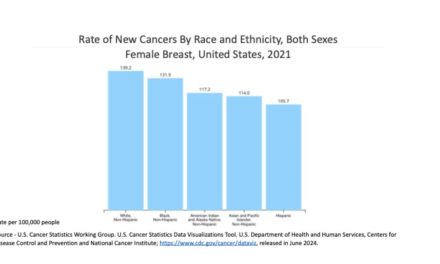By Chris Sweeney
In Maryland, an estimated 1.5 million residents have a criminal record– a quarter of our state’s population. For the majority of people who want to move on from their past run-ins with the law, even the most minor offense can be an impediment to stable work and housing.
Advocates and lawmakers have sought to remove such barriers through increased access to expungement, or the removal of criminal records from public view. Surprisingly, despite a wave of progress on this front in the last several years, Maryland’s expungement laws still leave many people with zero options for removing even minor, nonviolent offenses. Our convoluted expungement laws can– and should– be simplified to allow for more expungement access.
Amidst a national conversation about criminal justice reform, Maryland enacted a major expansion of expungement laws with 2016’s Justice Reinvestment Act. The Act provided, for the first time, general eligibility for the expungement of convictions – mostly misdemeanors, plus a few nonviolent felonies. Eligibility required long waiting periods and the absence of additional convictions within those periods. Those waiting periods were lowered with 2023’s REDEEM Act. Notably, the legislation allowed expungement only for a hand-picked set of specific offenses. Many common offenses were included – e.g., theft, drug possession, trespassing – but plenty of low-level offenses were left out, sometimes with illogical results. For example, first, second and third degree burglary could be expunged if certain conditions were met, but fourth degree burglary – a misdemeanor – could never be expunged. This oversight has since been fixed, but it illustrates the pitfalls of providing a cherry-picked list of charges rather than blanket eligibility for minor offenses.
While the REDEEM Act brought much-needed relief by lowering waiting periods to five to 10 years depending on the charge, the legislation left the limited list of eligible offenses intact, adding only one additional misdemeanor.
This is where it gets complicated.
Any conviction that is not on the list– however minor– runs the risk of permanently blocking expungement of otherwise eligible charges. This is due to the “subsequent conviction rule” which states that a person must be free of ineligible convictions for a certain time before an eligible case can be expunged. And a number of very common, nonviolent, even victimless crimes are absent from the list. One major category of these is traffic violations.
Certain crimes under the Transportation Article, mainly those that deal with driver’s license requirements, are treated just like any other crime for purposes of expungement. And a conviction for driving without a license can never be expunged. This means it can permanently block other charges from being expunged. To illustrate one possible illogical outcome: A person could be convicted of felony theft three times over three consecutive years, and if enough time passes without a new conviction, all three of those cases could be expunged. But another person could be convicted of trespassing, then convicted of driving without a license three years later. Under current Maryland law, neither of those cases could ever be expunged. Other examples of common minor offenses that are not eligible, if convicted, range from the innocuous riding a bike on the sidewalk to the vague “failure to obey a reasonable lawful order.”
The simple solution would be to have a “photo negative” of our current expungement laws. Rather than singling out specific convictions for eligibility, make all misdemeanors eligible and single out only those particularly egregious enough that they should not be eligible. A similar proposal, popular among advocates, would be to make eligible all offenses that are not entitled to a jury trial. This would operate as a catch-all for the numerous citations and local code violations that fall through the cracks under our current framework. Another option would be to expand automatic expungement, eliminating the need for additional litigation in order to have a record cleared.
In the United States, Black people are more likely than White people to be stopped by police. Black people are also more likely to be arrested and charged after a police stop. Of the myriad harmful effects this racial injustice inflicts on our society, an increase in convictions for low-level offenses is one issue that could be stemmed by expanded expungement access. Though this would not address the root causes of racism in our criminal legal system, expungement is an immediate solution to employment and housing barriers that affect so many people.
Maryland has been trending in the right direction on this issue, with expungement being a hot topic each legislative session. It is time to reflect on the progress we’ve made, address the gaps in our system that still exist, and create a more just expungement process.
Chris Sweeney is an attorney and workforce development manager at Maryland Volunteer Lawyers Service. He can be reached at csweeney@mvlslaw.org.
The post Commentary: Expungement laws are too complicated–we need a simple, accessible system appeared first on AFRO American Newspapers.










